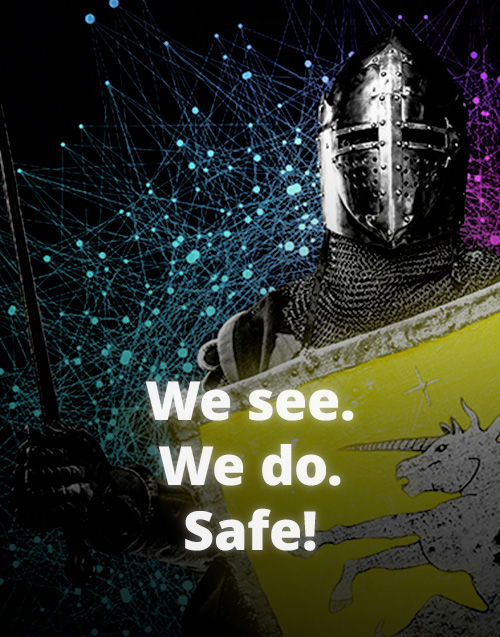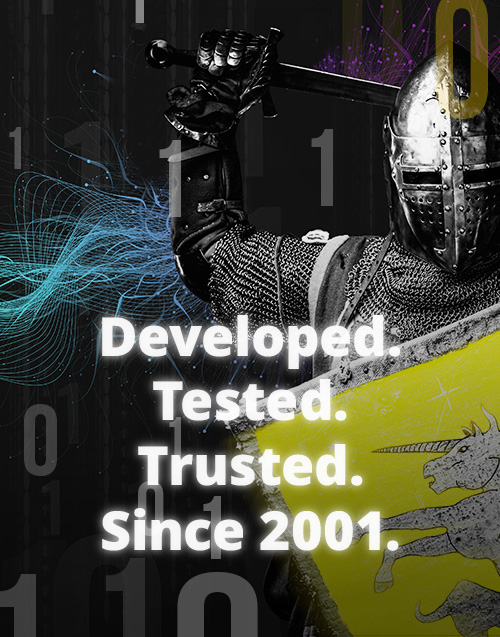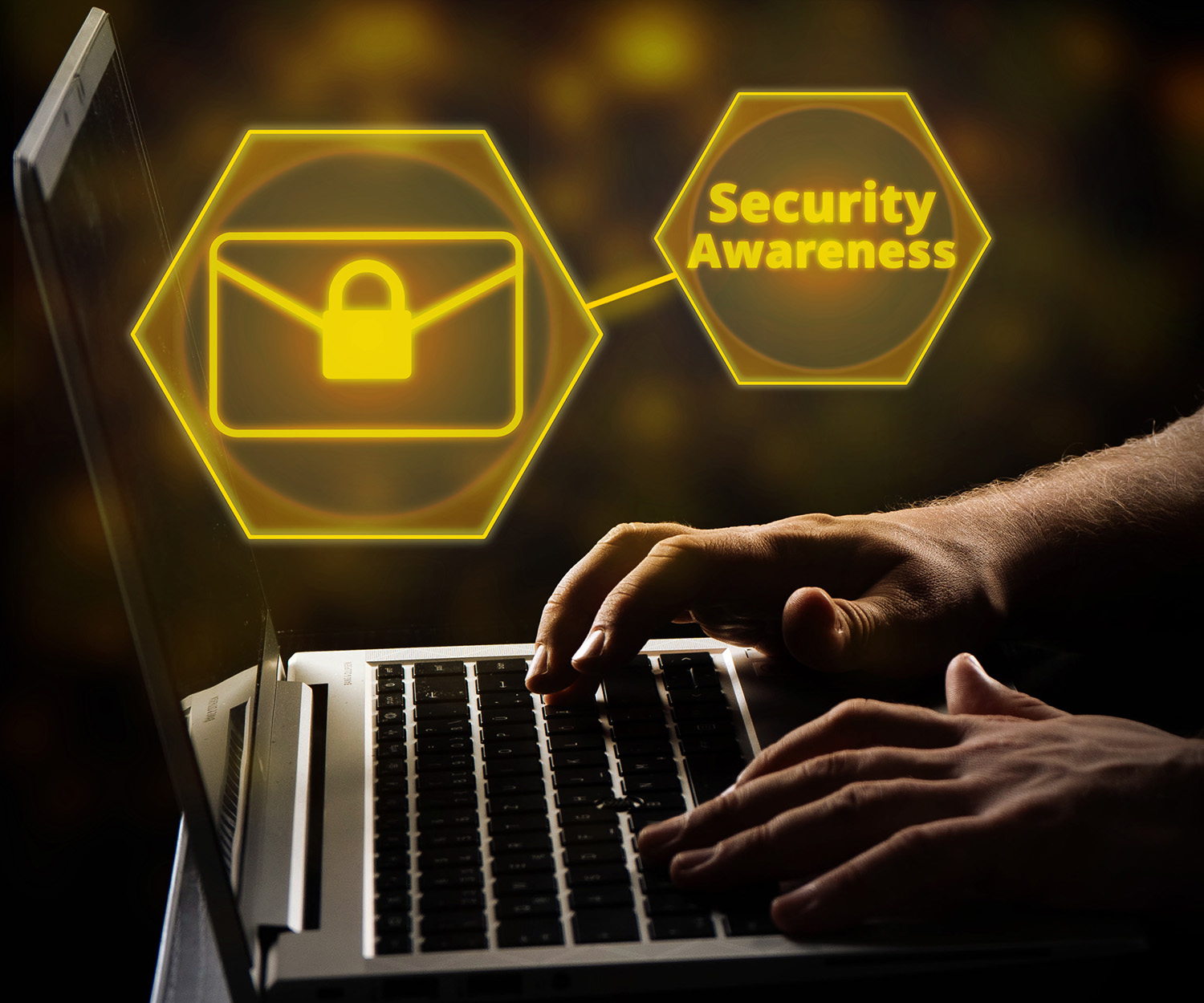The figures don't lie
Half of all companies state that they have recently, generally or regularly suffered from social engineering attacks. Phishing, scareware, whaling, baiting and business email compromise - there are many examples. When it comes to cybercrime, humans have long been the first choice as a weak point. The negative trend is even increasing from year to year.
The method makes the music
We have already mentioned examples. But why is it so difficult to find an antidote for them? Imagine you are asked by e-mail to urgently disclose login data. This is the only way to solve a critical problem. And in an emergency, even a superior makes an urgent request. Imagine a fake email luring you to a website where you also have to log in. Everything is deceptively genuine, from a sender you know well or use regularly. Imagine that so-called scareware tempts you to overreact. Once the damage has been done, there is no turning back. The only thing that can help here is a human firewall that knows what to do. But this requires appropriate preparations.
Who pays the bill?
IT security affects everyone in the company. There are no exceptions. That's why companies have upgraded their technology in recent years. At this level, it is more difficult for cyber criminals to find gateways. The idea: without awareness, the necessary knowledge and the right behaviour, people are a grateful, open door. What can the consequences be? One wrong click and the result can be total failure, production and work stoppage, data loss, blackmail and much more. This not only results in high costs, but also reputational damage.
Data protection as a duty
The legal basis has become stricter in recent years. Further, binding measures are planned or are imminent. The EU GDPR and the BDSG form the foundation. Employers must ensure that all employees comply with data protection regulations in the workplace. The obligations for data protection in the company by and through employees even affect associations or companies. The protection of sensitive data by all parties involved must therefore also be ensured through security awareness.
A sustainable safety culture
All of this also harbours opportunities. Security awareness training, security courses and the simple sensitisation of employees establish a steadfast security culture in the company. Sustainable, active cyber security benefits from people who are well informed about possible misconduct and current threats and can act appropriately. This is what is needed in any case to be significantly less susceptible to hackers and cyber attacks.
Our recommendation:
As a certified Proofpoint Security Awareness Training (PSAT) specialist, we know what we are talking about. PSAT is the industry leader in this field. The risk information and learning principles will significantly strengthen your human firewall. On top of this, we accompany you on your journey, support and advise you and offer unique added value via a managed service.
DTS MANAGED SECURITY AWARENESS TRAINING
















